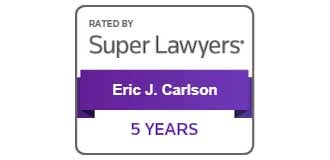Contingencies are a common aspect of real estate transactions and can arise due to a variety of reasons such as the sale of a buyer’s current property, financing, inspection or appraisal issues. These contingencies serve as a safety net for both the buyer and the seller, allowing either party to back out of the deal without any penalty if certain conditions are not met.
However, handling a contingency can be a challenging task, especially for first-time homebuyers or sellers. Here, you can learn how to handle a contingency in a real estate transaction.
Communication is key
The first and foremost step in handling a contingency is to communicate effectively with all parties involved in the transaction. This includes the buyer, the seller, the real estate agent and any other professionals involved. Good communication helps to avoid misunderstandings and ensures that everyone is on the same page.
Review the contingency clause carefully
Before signing a real estate contract, it is important to review the contingency clause carefully. This clause outlines the conditions that must be met for the transaction to proceed and the time frame in which these conditions must be met. Understanding the terms of the contingency clause can help avoid any confusion or disagreements later on.
Be proactive
If a contingency arises, it is important to be proactive and take immediate action. This may include arranging for a home inspection, securing financing or selling your current property. The quicker you address the contingency, the faster you can move forward with the transaction.
Handling a contingency in a real estate transaction can be challenging. However, when you know how they work and what your rights are, you can ensure they are handled properly.
















